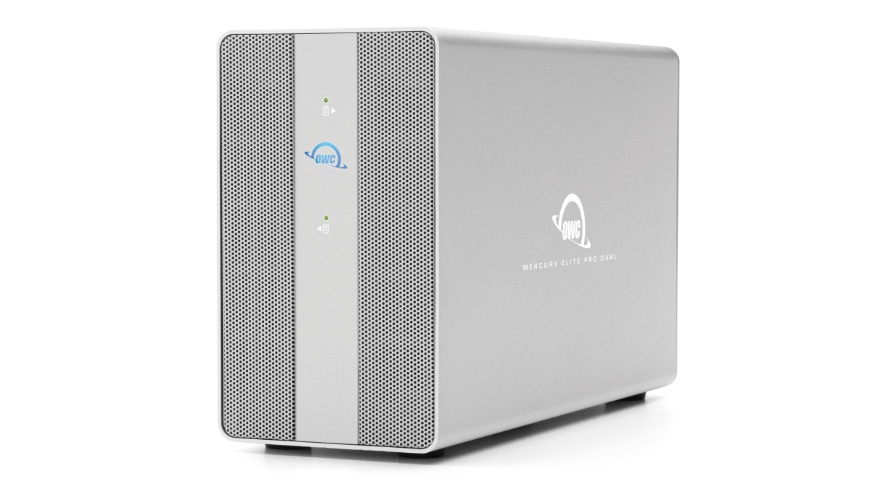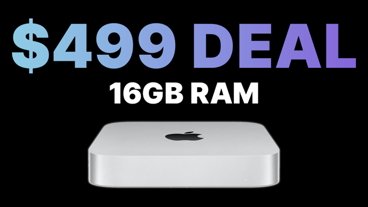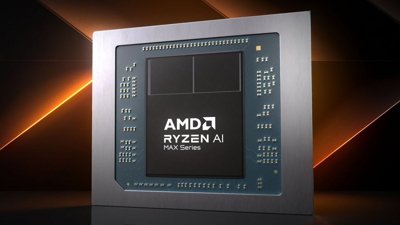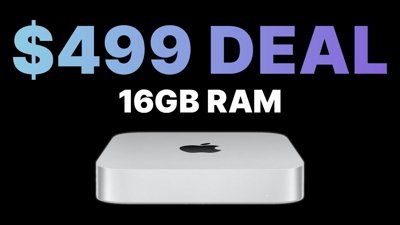OWC has launched the USB-C Mercury Elite Pro Dual, which offers up to 32TB of internal storage in a compact enclosure and three USB 3.2 ports for additional devices and connections.
The latest from OWC is both a storage powerhouse and desktop hub in one compact package. The USB storage and hub solution works with any USB capable device, like Mac, PC, iPad, or even game consoles.
The storage can be configured with no drives, or up to 32TB of hard drive space or 8TB of SSD storage when purchased, in the two 3.5-inch bays incorporated into the unit. The Mercury Elite Pro Dual can achieve up to 1GB/s transfer speeds all while operating the three-port hub with no slowdown and the promise of quiet operation.
The hub provides two USB 3.2 type A ports, and one USB 3.2 type C port. It can connect to anything from bus-powered drives to peripherals like keyboards and mice. The hubs can also provide power to connected smartphones as well.
The Mercury Elite Pro Dual includes all the required cables needed to connect to any computer or USB equipped device. OWC also offers its own software to manage the hub and easily eject it from your desktop without need to worry about data loss or corruption.
There are also configurable RAID settings for 0, 1, Span, or independent mode operation.
The OWC Mercury Elite Pro Dual with 3-Port Hub is available for purchase starting at $249 for 2TB. The bring-your-own drive solution is also available for $149.
 Wesley Hilliard
Wesley Hilliard








 Malcolm Owen
Malcolm Owen




 Marko Zivkovic
Marko Zivkovic
 Christine McKee
Christine McKee










4 Comments
This is strictly USB, 10Gbps max transfer. It is not Thunderbolt. I like the hardware RAID instead of SoftRAID, which can't handle APFS using hard drives. It also shows how expensive Thunderbolt is to add to the driver board. I have to wonder what will happen with USB-4. Will OWC, and other manufacturers, be able to build their own Thunderbolt capability without having to include an Intel chip? If so, my hope is it will drive down the cost of these devices.
With that kind of capacity I’m surprised it’s not NAS capable out of the box. Not a big deal I guess because it would be very straightforward to hook a Raspberry Pi to it to give it NAS functionality. No, it wouldn’t be screaming fast, but it would open up some of that massive capacity for network sharing.
Thunderbolt royalties are $0. Intel charging for the controller chip in Thunderbolt is the expensive part. All it takes is third parties to release their on controller chip and the price will drop dramatically. That's how USB became ubiquitous. If you have a slew of NVMe drives in that chassis you'll want TB 4 over USB 4 for DMA over PCIe.
Nice to see all three USB ports are 10Gbps — shared, but still.